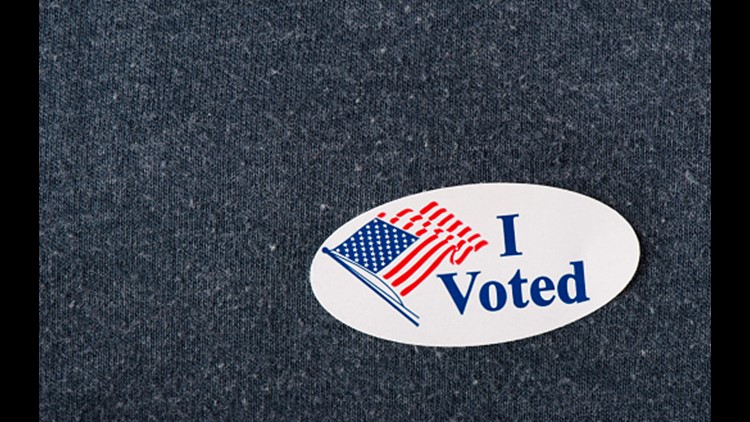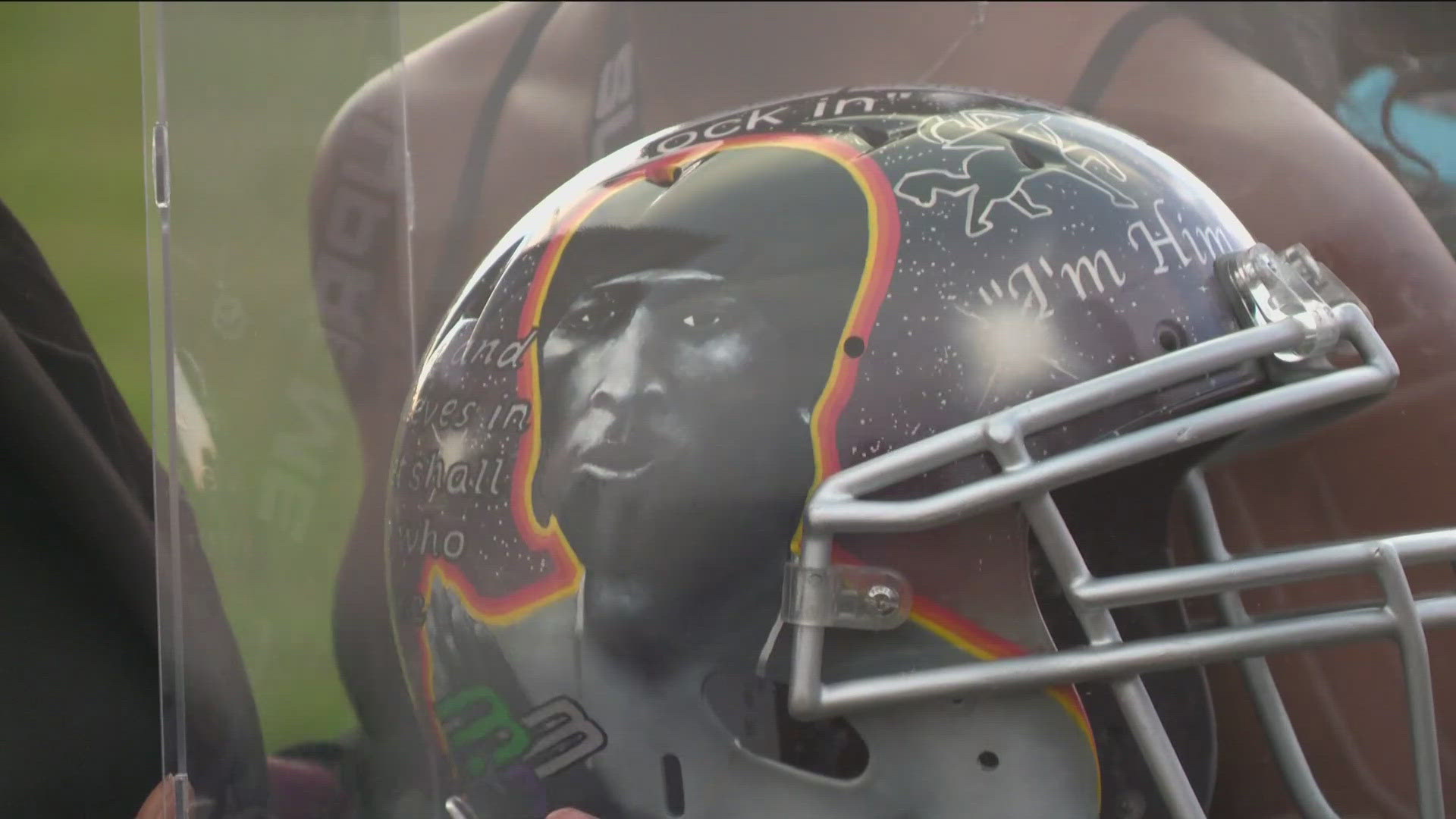A study released Monday estimates 16,800 or more people in Dane and Milwaukee counties were deterred from casting ballots in November because of Wisconsin's voter ID law.
The study by University of Wisconsin-Madison political scientist Ken Mayer concluded 16,800 to 23,250 voters in the two counties — the Democratic strongholds of Wisconsin — did not vote because of the voter ID law. The $55,000 survey was paid for with property tax money by Dane County Clerk Scott McDonell, a Democratic opponent of the law.
Key portions of those surveyed said they did not vote because they did not have ID that would allow them to or did not believe the IDs they had could be used under the voting law. The study found the ID law disproportionately affected African-Americans and low-income people.
"As the clerk who serves the largest population of African-Americans in the state, I was shocked by the numbers and am furious to see that Jim Crow laws are alive and well," Milwaukee County Clerk George Christenson said in a news release.
Tom Evenson, a spokesman for GOP Gov. Scott Walker, said Wisconsin's voter ID law "protects the integrity of our voting process." After the election in November, Walker didn’t hold back in rejecting the idea that the ID law had depressed turnout.
“It’s just a load of crap. I can’t say it more clearly,” Walker told conservative radio host Charlie Sykes at the time. “People didn’t turn out in Milwaukee because Hillary Clinton was not an aspirational candidate for them. It’s that simple.”
Wisconsin's voter ID law was approved in 2011, but blocked for years by litigation. Last year's presidential election was the highest-turnout election since it went into effect.
Mayer served as an expert witness for opponents of the voter ID law in some of that litigation.
The UW-Madison study sought to determine what would have happened if the election had been run in a different way than it actually was — never an easy proposition for academics or anyone else.
Mayer sent surveys to 2,400 people who were registered to vote but did not vote. Of those, 293 were returned.
Many of those who did not vote said they did so for reasons that didn't have to do with the voter ID law — such as because they didn't like any of the candidates on the ballot, were ill, didn't have time or didn't think their vote would matter. But 7% or more said they did not vote because of the ID law.
Mayer used that data to estimate the number of voters in the two counties who did not vote in November because of the ID law. The response rate was sufficient to extrapolate statistically sound estimates, he said.



